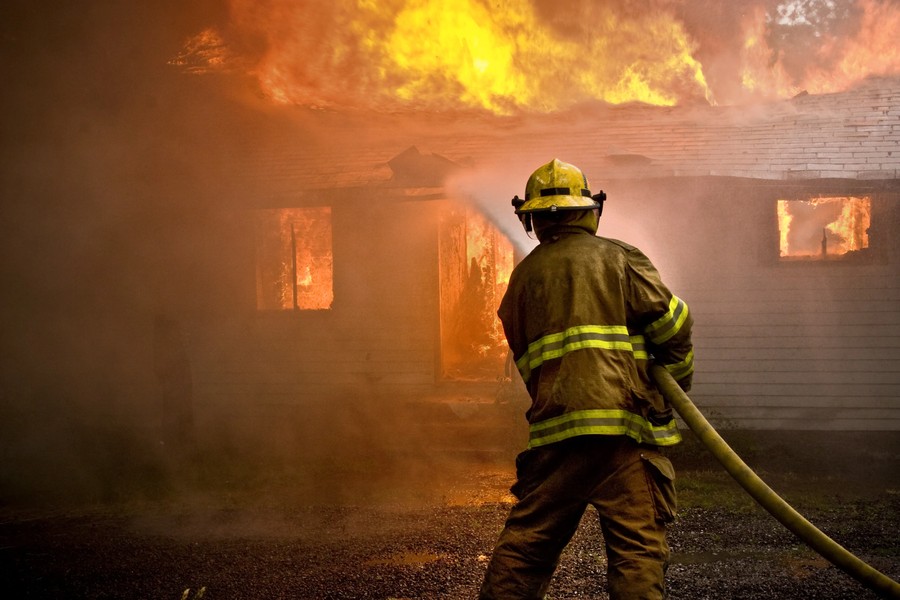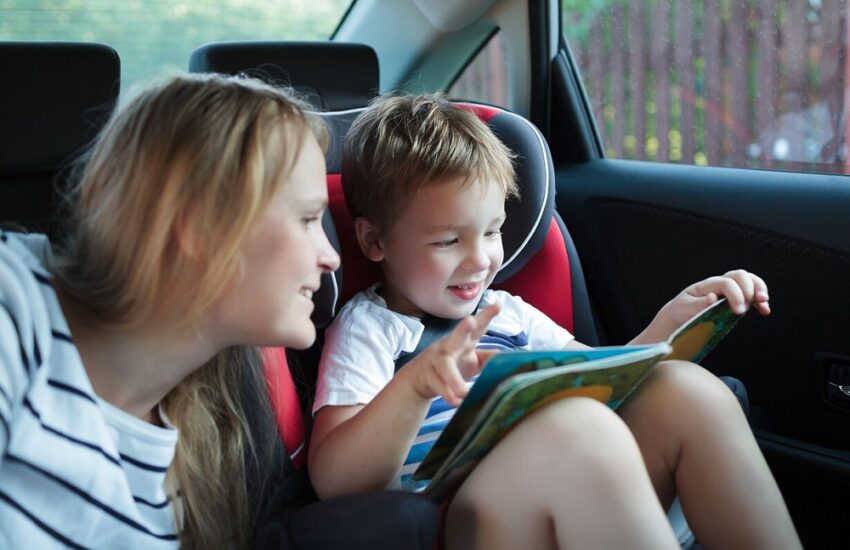Takeaways
- Fire safety education reduces injuries and fatalities, emphasizing prevention, preparedness, and community awareness.
- Tailored programs target high-risk communities, such as mobile home residents and wildfire-prone areas.
- Collaboration between fire departments, governments, and nonprofits enhances outreach and access to fire safety resources.
Fire safety education plays a critical role in protecting lives and property in Florida. With diverse risks, including wildfires and residential fires, educating communities has become essential. Florida residents benefit greatly from outreach programs that focus on prevention and preparedness. These initiatives target both general safety awareness and specific vulnerabilities in high-risk areas. Fire safety education not only saves lives but also reduces financial and emotional losses.
The Importance of Fire Safety Education
Reducing Fire-Related Injuries and Fatalities
Fire safety education helps significantly reduce injuries and fatalities across Florida. Teaching proper fire prevention ensures fewer dangerous incidents at home and in the workplace. Fire departments also emphasize safety measures that protect children and elderly individuals. Residents gain critical knowledge about actions to take during emergencies. As a result, communities become safer and better prepared to handle fire-related situations.
Promoting Community Awareness and Preparedness
Community awareness programs foster proactive safety practices among residents. These programs educate individuals about preventing common household hazards. People learn how to store flammable items safely and manage potential fire risks. Programs also improve understanding of fire safety codes and regulations. As awareness grows, communities adopt a culture of safety that protects everyone.
Core Components of Fire Safety Education in Florida
Fire Prevention Strategies
Preventing fires starts with education about everyday hazards and risks. Programs teach residents how to use appliances safely and avoid electrical overloads. Communities learn about maintaining proper clearance around heat-producing devices. Fire prevention campaigns also address outdoor risks, like managing vegetation near homes. These strategies empower Floridians to take responsibility for their safety. Courses such as Building Construction for the Fire Service offer additional insights into fire prevention strategies.
Smoke Alarm Awareness and Maintenance
Functional smoke alarms save countless lives by providing early warnings during fires. Educational initiatives teach proper installation and maintenance of smoke alarms in homes. Fire departments often distribute free or affordable smoke detectors to encourage widespread use. Workshops show residents how to test alarms and replace batteries regularly. With consistent efforts, more homes in Florida achieve better safety standards.
Emergency Evacuation Planning
Evacuation planning equips families with strategies to exit safely during emergencies. Community programs demonstrate how to map out evacuation routes in advance. Families learn to establish meeting points and practice fire drills regularly. Educational efforts also emphasize preparing emergency kits with essential supplies. These practices ensure quicker and safer responses during actual emergencies. Emergency vehicle operators also enhance evacuation efforts by completing EVOC Training.
Special Focus: High-Risk Communities
Outreach to Mobile Home Communities
Mobile home residents face unique fire risks due to structural vulnerabilities. Fire safety education targets these communities with tailored prevention strategies. Workshops teach proper installation of smoke alarms and safe electrical wiring practices. Programs also highlight specific evacuation techniques for mobile homes. These initiatives significantly improve fire safety in mobile home neighborhoods.
Preparing for Wildfire-Prone Areas
Wildfire-prone regions require specialized safety measures to protect lives and property. Education programs promote the creation of defensible spaces around homes. Residents learn to remove debris and reduce flammable vegetation near buildings. Fire safety campaigns also provide guidelines for evacuation during wildfire emergencies. These efforts enhance preparedness in areas with frequent wildfire risks.
Collaborative Efforts and Stakeholder Involvement
Role of Fire Departments in Community Education
Fire departments serve as leaders in promoting fire safety education statewide. They host school visits, public events, and workshops to engage residents directly. Firefighters also provide hands-on demonstrations to teach fire prevention techniques. Communities gain valuable resources through open houses and fire station tours. Aspiring fire instructors can further support these efforts by completing certifications like Fire Instructor 1 or Fire Instructor 2.
Government and Nonprofit Partnerships
Government agencies and nonprofits collaborate to fund and expand safety education programs. These partnerships support outreach in underserved communities across Florida. Grants help local organizations provide materials and resources to vulnerable populations. Nonprofits also organize community events that focus on fire prevention and safety. These efforts ensure widespread access to essential fire safety education. Aspiring leaders in fire safety can advance their skills with Fire Officer Classes.
Success Stories and Real-World Impact
Case Studies of Effective Initiatives
Several Florida communities have seen remarkable results from fire safety initiatives. For instance, smoke alarm distribution programs saved multiple lives in low-income neighborhoods. School-based campaigns increased awareness about fire prevention among students and families. These success stories highlight the importance of sustained education efforts. Communities that prioritize safety education consistently achieve better outcomes.
Statistics Supporting the Impact of Education
Statistics demonstrate the transformative impact of fire safety education across Florida. Programs have led to measurable reductions in fire-related injuries and fatalities. Additionally, communities with robust safety campaigns report fewer structural losses during emergencies. Education initiatives have also improved overall emergency preparedness levels. These outcomes underscore the importance of investing in public safety education.
Frequently Asked Questions
What are the most effective ways to teach children about fire safety?
Engage children with interactive lessons, such as fire drills and safety games. Use age-appropriate resources to explain risks and emergency steps.
How can mobile home residents better prepare for fire emergencies?
Install and maintain smoke alarms, and learn evacuation routes. Participate in workshops tailored to mobile home fire safety practices.
Are there any free resources or programs available for Florida residents?
Many fire departments offer free smoke detectors and community workshops. Residents can also access online resources for fire safety tips.
The Path Forward for Fire Safety Education
Expanding fire safety education requires innovative approaches and ongoing commitment. Communities must embrace evolving technologies to enhance learning experiences. Outreach programs should focus on building partnerships with schools and local organizations. Future initiatives should prioritize underserved areas to maximize impact. With continued dedication, Florida can achieve even safer communities.
References
Fire Training Center – Eastern Florida State College
Eastern Florida State College offers hands-on firefighter training and Fire Science Technology degrees to prepare students for state certification and career advancement.
HCFR Education and Events | Hillsborough County, FL
Hillsborough County Fire Rescue provides essential fire and life safety classes, covering topics like smoke alarms, fire extinguishers, and escape planning, with hands-on virtual fire extinguisher training.
Fire Safety Education | City of Delray Beach, FL
The City of Delray Beach’s Fire Safety Division offers hands-on fire safety education programs for all ages, including school presentations, fire station tours, and community outreach initiatives.





